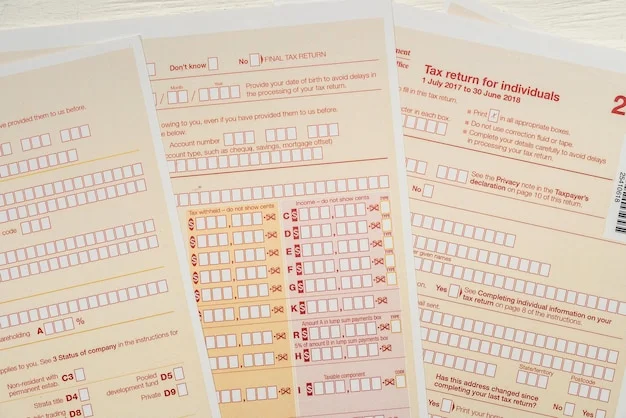The IRS's Annual Shakedown Is Here, and They've Added More Hoops for You to Jump Through
Let me get this straight. The Internal Revenue Service, the government’s most beloved organization, is “reminding” over 800,000 tax preparers that it’s time to pay up for the privilege of doing their job for another year. They call it a “renewal period” for the Preparer Tax Identification Number, or PTIN. I call it the annual subscription fee for navigating a tax code so monstrously complex that an entire industry of 800,000 people exists solely to interpret it for the rest of us.
And offcourse, it comes with a fee. It’s only $18.75. A pittance, right? But multiply that by 800,000 professionals, and you’re looking at a cool $15 million. For what, exactly? For a number in a database that says you’re allowed to help your neighbor figure out the new standard deduction? It feels less like a regulatory necessity and more like a cover charge for entering the world’s most depressing nightclub.
The IRS says you can renew online in 15 minutes. Great. But if you dare to use paper—you know, that ancient technology—it could take six weeks. That’s not a processing delay; that’s a punishment. It’s the bureaucratic equivalent of a parent telling their kid, "You can have the broccoli now, or you can wait in the corner for an hour and then have the broccoli." The choice is an illusion. They just want you online, clicking their buttons, following their rules.
And this year, there’s a new treat. A new hoop to jump through.
Welcome to the ID.me Era of Tax Prep
For 2026, the IRS is rolling out a new “secure sign-in option” called ID.me. If you’re a tax pro with a Social Security number, you’re now being routed through this third-party service to verify your identity. This is a bad idea. No, ‘bad’ doesn’t cover it—this is a five-alarm dumpster fire of digital bureaucracy.

We’re supposed to just accept that handing our data over to yet another private company is the price of “security.” Remember when the government was supposed to handle its own security? The annual PTIN renewal is like a mandatory gym membership for a facility you have to use to do your job. Now, the gym has outsourced its front desk to a private security firm that requires a facial scan, your mother’s maiden name, and a blood sample just to let you in the door. And you still have to pay the membership fee.
What happens when ID.me has a data breach? Who’s on the hook then? The IRS will just point its finger at the contractor, the contractor will issue a press release full of corporate nonsense, and the 800,000 tax preparers will be left dealing with the fallout. Why isn't there a secure, in-house system for this? Is the IRS, an agency that handles the most sensitive financial data of every single American, not capable of building its own login portal?
This entire process is a symptom of a much larger disease: the tax code itself. Just look at the rules for the Standard Deduction 2025-2026: Amounts, How It Works. The numbers change every year. Then they add a new additional deduction for seniors, but only if they’re over 65, and only if their Modified Adjusted Gross Income is below a certain threshold, and the benefit phases out by 6 cents for every dollar over the limit…
You see the problem here? The government creates a system so convoluted that a regular person can’t possibly understand it, which gives rise to an entire profession of decoders. Then, it charges those decoders an annual fee for a license to do the decoding, funnels them through a third-party data-harvesting company for “security,” and threatens them with penalties and injunctions if they don’t comply. It’s a perfect, self-sustaining ecosystem of bureaucratic madness. And we’re all just living in it.
Just Another Turn of the Screw
Look, at the end of the day, this isn't about $18.75. It's not even really about ID.me. It’s about the relentless, soul-crushing creep of complexity and control. It’s another small, pointless task, another fee, another login, another hoop. Each one, on its own, seems trivial. But when you add them all up, year after year, it’s just one more turn of the screw, tightening the grip of a system that feels designed to be as infuriating as possible. The tax preparers will pay the fee, create the new account, and get on with it. Because what other choice do they have? And the rest of us will keep needing them, because the tax code ain't getting any simpler.
